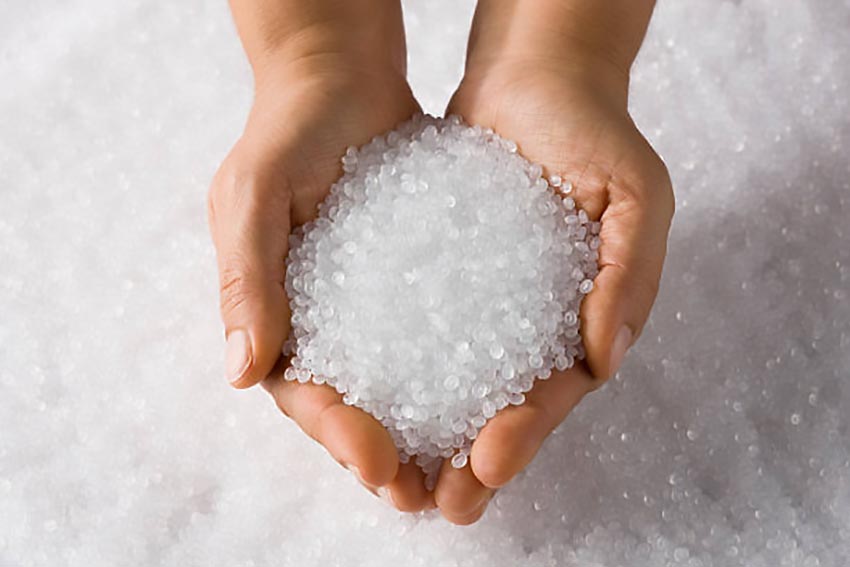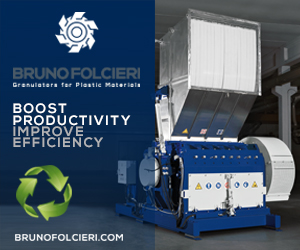
Dedicated to PP, a new recycling line will go into Kal-Polymers’ Mississauga, Ontario headquarters location this summer. | Courtesy of Kal-Polymers
Canadian-headquartered reclaimer Kal-Polymers will invest millions of dollars in a large recycling line, boosting the company’s annual plastics recycling capacity to about 150 million pounds.
Based in Mississauga, Ontario, Kal-Polymers specializes in recycling and compounding post-industrial plastics into food-grade and non-food-grade recycled resins. The company has a 185,000-square-foot plant in the heart of Mississauga, a suburb of Toronto, and a 100,000-square-foot recycling facility in Flowery Branch, Ga.
Dedicated to PP, the new line will go into the Mississauga headquarters location this summer. The entire project will cost about 10 million Canadian dollars ($7.8 million U.S.).
“This is our commitment to PP recycling,” said Nemo Saha, director of sales at Kal-Polymers. “This is what we do. This is where we’ve excelled at, where our customers have seen our competitive advantage. And they want to continue to grow with us, so we’ve made it a mandate to continue to grow with them.”
Based at its Mississauga location for roughly two decades, Kal-Polymers bought the facility in Flowery Branch from Sable Polymer Solutions in March 2019. In 2020, the company expanded that plant, which is northeast of Atlanta, with a $4 million project that included a new recycling line. That gave the Flowery Branch plant four total recycling lines.
Shortly after that installation, Kal-Polymers installed another line – one capable of recycling 15 million pounds per year – at the Mississauga plant, which now has five lines.
All told, the company has a capacity of about 115 million pounds per year. Most of what it processes is PP, but it also handles lesser amounts of PE and PET.
This summer, the company will expand its capacity by at least 35 million pounds with a custom-made line – described by Saha as “a monster” – that will be dedicated to PP. The installation and commissioning is scheduled for late July or early August.
That system will boost the company’s total capacity to about 150 million pounds, he said.
The new line will be completely different from Flowery Branch’s line No. 4, installed in 2020, but it will integrate multiple processes to produce a food-grade pellet. “The scrap will come in one end, and a finished compounded pellet will come out the other,” he noted.
Kal-Polymers will hire additional staff to run the line, but the system is designed to be as automated as possible, he noted. The company’s Mississauga facility has enough floor space to accommodate the new line. That being said, Kal-Polymers plans to expand its building into an adjacent 50,000 square feet the company owns in coming years. That will allow Kal-Polymers to reallocate space at the facility to optimize the workflow for the machines, Saha said.
In a press release, Kal-Polymers noted that demand for food-grade recycled resin is increasing. In the interview, Saha said his company produces both natural and black food-grade recycled resin, and the company plans to continue to grow its production capacity to meet that demand.
More stories about processors
- Ohio startup creates end market for small challenging plastics
- Major plastic initiative sets sights on system change
- California will fund mixed plastics facility, other projects



